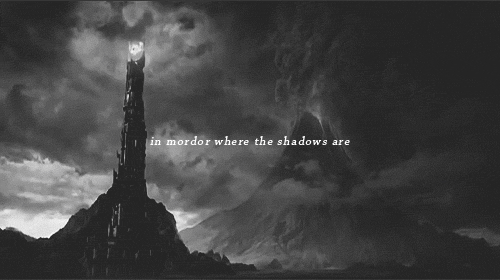Writing for Theater (Tips)
Writing scripts for the stage or screenplays is a whole other universe outside the realm of novels. However, if you’re interested in alternative storytelling mediums, here are some tips I can give you based on my own experiences.
1. Learn the formatting. Whether you’re supposed to use Final Draft or just a whole lot of indentations on Word, familiarize yourself with the format. (Title pages are always changing). Now, the rules might have changed since my writing this article, but general guide for a page is…
SCENE 1: THE TEST
ACTOR 1
(GROWLS) This is how you write, got it?
(ACTOR 2 ROLLS THEIR EYES AT
ACTOR 1).
ACTOR 2
(SARCASTICALLY) Sure, unless they changed the rules. They always do.
2. Unlike a novel, a lot of the plot in theater must be conveyed through dialogue or action or, if you so choose, asides. There isn’t time discuss how the curtain in the corner of the room is askew because of a fight the characters had before the opening scene. SHOW the curtain tearing after one of them discovered the other’s disloyalty. Or convey a bitterness in the dialogue. Maybe the characters are so angry, they won’t even look at each other. Maybe there’s an underlying tension to their supposedly polite and sunny attitudes.
3. A play can generally (not always, mind you) be conveyed in terms of a single character chasing after their motivation, or a single event tying all the power players together. Take, for example, a character motivation set by, say, Lord of the Rings. Frodo takes the ring to Mordor. Sure, there’s other factors in there. The end of magic. The destruction of kingdoms. But that’s what it boils down to. Ring. Mordor.
4. EVENT based play. In this case, a single event unifies a bunch of characters to work together, though the focus isn’t on any single person. A lot of horror/disaster movies tend to follow this structure. It’s a group of kids VS a malevolent force in a small town (Stranger Things/ IT, I’m looking at you). Or it’s an entire family against a horrible incoming flood or tornado or… Sharknado. Which… brings me to my next point.
5. Internal versus external antagonist. Internal antagonist is just that. Sure, Hamlet’s got an asshole of an uncle, but he’s also a complete and total existentialist getting over the loss of his father and generally feeling betrayed by the world. Internal, a fight against two halves of yourself. One that seeks a happy ending, versus the other that wants something for another darker/more selfish motive. EXTERNAL. Think of it. Voldemort. Sauron. There’s something physically fighting you like a Rocky boxer. Your antagonist is in the world instead of within.
END TIP: These are all just based on what I’ve learned. If you have anything that works outside these, it isn’t the end of the world. Great stories are, after all, those that break the rules and invent something excellent and altogether new.





